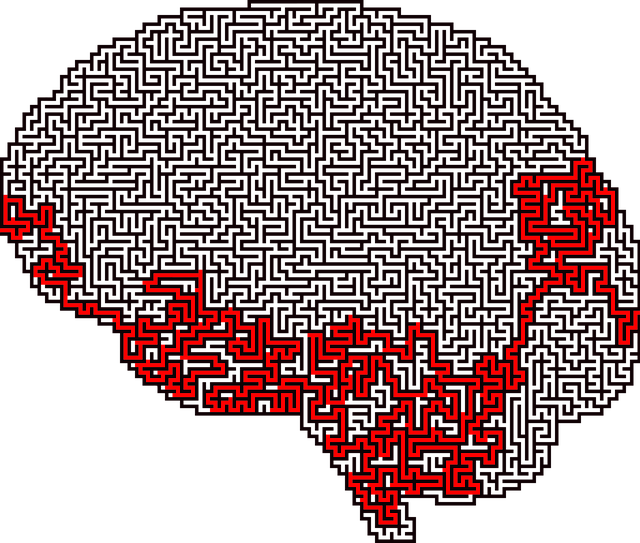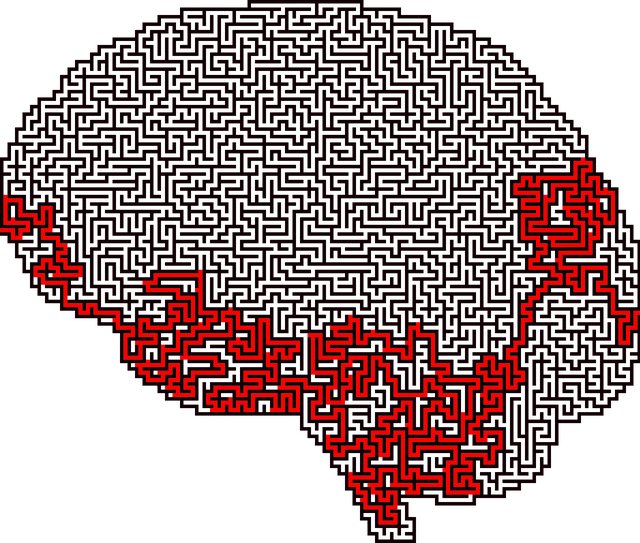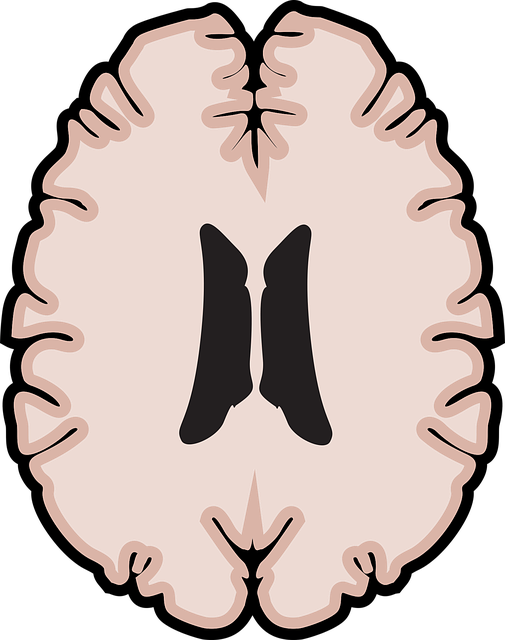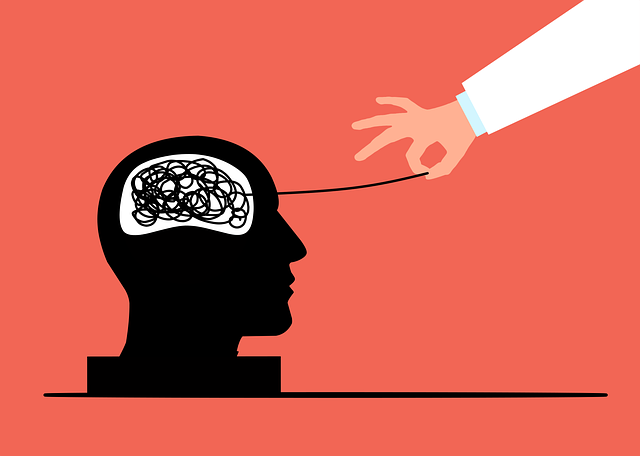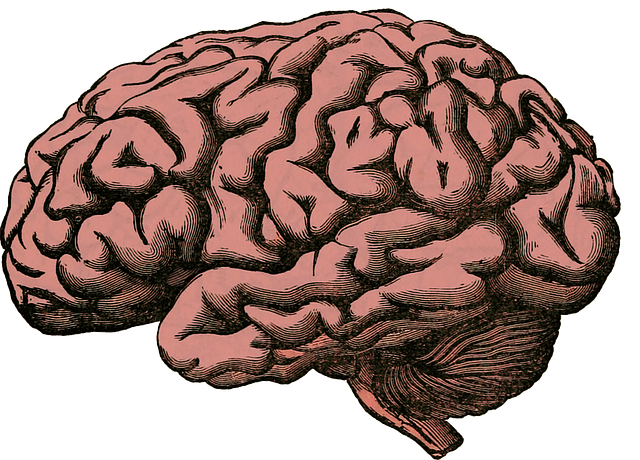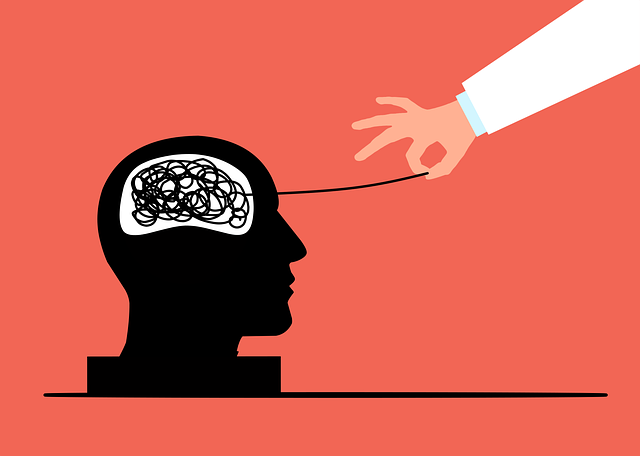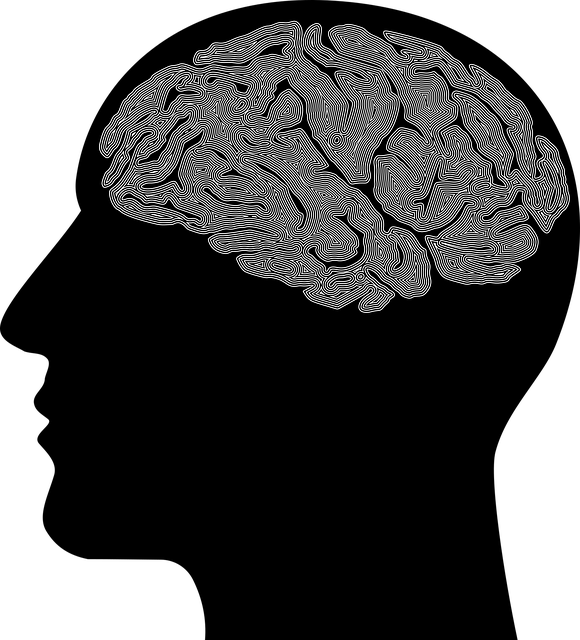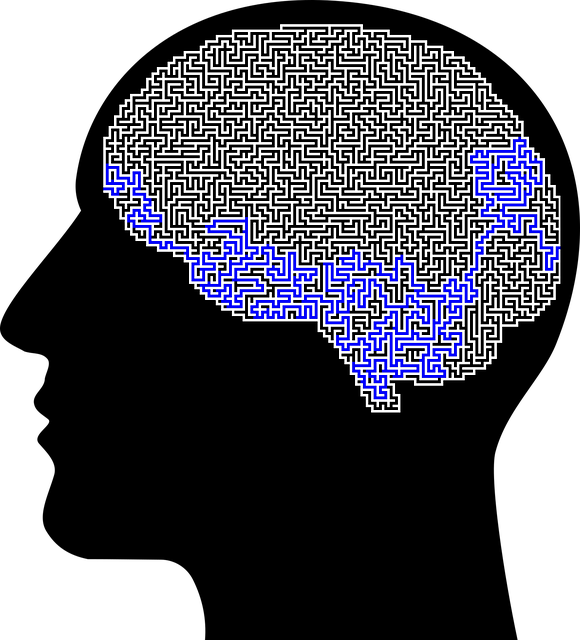Broomfield Chronic Illness Therapy addresses significant misdiagnosis issues in mental health care due to overlapping symptoms and individual variations. They employ innovative strategies, including advanced assessment tools, data analytics, and therapeutic interventions focusing on inner strength development. Their holistic treatment methods intertwine physical, emotional, and psychological aspects, integrating self-care practices and stress reduction techniques. This approach drives policy changes, promotes prevention, early intervention, and access to specialized care, ultimately fostering a more inclusive and effective mental health care system tailored to individual needs.
Mental illness diagnosis accuracy is a critical aspect of effective treatment, with significant implications for patient outcomes. This article explores the challenges surrounding misdiagnosis and its impact on individuals and healthcare systems. We delve into innovative approaches designed to enhance diagnosis accuracy, highlighting the pivotal role played by Broomfield Chronic Illness Therapy in revolutionizing mental health care. By understanding these efforts, we can foster more precise and compassionate treatment paths.
- Understanding the Challenges: Misdiagnosis and its Impact
- Innovative Approaches to Enhance Diagnosis Accuracy
- The Role of Broomfield Chronic Illness Therapy in Improving Mental Health Care
Understanding the Challenges: Misdiagnosis and its Impact

Misdiagnosis in mental health can have profound consequences for individuals seeking support for their emotional well-being. At Broomfield Chronic Illness Therapy, we recognize that accurately identifying a patient’s condition is paramount to effective treatment. Often, symptoms of various mental health disorders overlap, making it challenging for even seasoned professionals to distinguish between them. This complexity is further exacerbated by the unique presentation of mental illness in each individual, where subtle nuances can be easily overlooked. As a result, misdiagnosis rates remain unacceptably high, impacting not only patients’ treatment plans but also their overall recovery journey.
When a mental health professional fails to pinpoint the correct diagnosis, it can lead to inappropriate or delayed interventions. For instance, treating depression when the patient actually suffers from an anxiety disorder might mask underlying symptoms and hinder progress. Furthermore, misdiagnosis may contribute to a cycle of ineffective treatments, causing frustration for both clients and therapists. Effective crisis intervention guidance and risk assessment tools are essential to navigate these challenges. By employing comprehensive risk assessment strategies for mental health professionals, we can enhance accuracy, ensuring personalized care that addresses the specific needs of each individual.
Innovative Approaches to Enhance Diagnosis Accuracy

In an effort to improve mental illness diagnosis accuracy, innovative approaches are reshaping the landscape of Broomfield Chronic Illness Therapy. One prominent strategy involves integrating advanced assessment tools that leverage cutting-edge technology and data analytics. These tools not only provide more nuanced insights but also help professionals interpret complex symptoms, ensuring a more precise diagnosis. Additionally, focusing on inner strength development through therapeutic interventions empowers individuals to better manage their mental health conditions.
Beyond traditional methods, crisis intervention guidance plays a pivotal role in enhancing accuracy. By equipping practitioners with strategies to support patients during acute episodes, they can gather more reliable information and make informed decisions. Furthermore, social skills training is being increasingly recognized as an essential component of comprehensive therapy. This approach not only improves communication but also fosters healthier relationships, indirectly contributing to more accurate diagnoses and effective treatment plans.
The Role of Broomfield Chronic Illness Therapy in Improving Mental Health Care

Broomfield Chronic Illness Therapy plays a pivotal role in enhancing mental health care by focusing on holistic treatment approaches. This therapy recognizes that mental well-being is deeply intertwined with physical and emotional aspects, addressing chronic conditions and their impact on an individual’s psyche. By integrating Self-Care Practices and Stress Reduction Methods, Broomfield Chronic Illness Therapy offers a comprehensive framework to support individuals in managing their mental health effectively.
This approach not only empowers patients but also contributes to the broader Mental Health Policy Analysis and Advocacy efforts. By promoting understanding of the interplay between chronic illnesses and mental health, it drives policy changes that prioritize prevention, early intervention, and improved access to specialized care. This multifaceted strategy ensures that individuals receive holistic support tailored to their unique needs, fostering a more inclusive and effective mental health care system.
Mental illness diagnosis accuracy is a multifaceted challenge, with misdiagnosis causing significant harm. Understanding these challenges is the first step towards improvement. Innovative approaches, such as leveraging advanced assessment tools and enhancing clinical training, are making significant strides in enhancing diagnosis accuracy. Notably, Broomfield Chronic Illness Therapy plays a crucial role in this evolution, offering specialized care that integrates comprehensive assessments and evidence-based treatments to improve mental health outcomes. By adopting these advancements, we can ensure more accurate diagnoses and better support for individuals navigating their mental health journeys.
